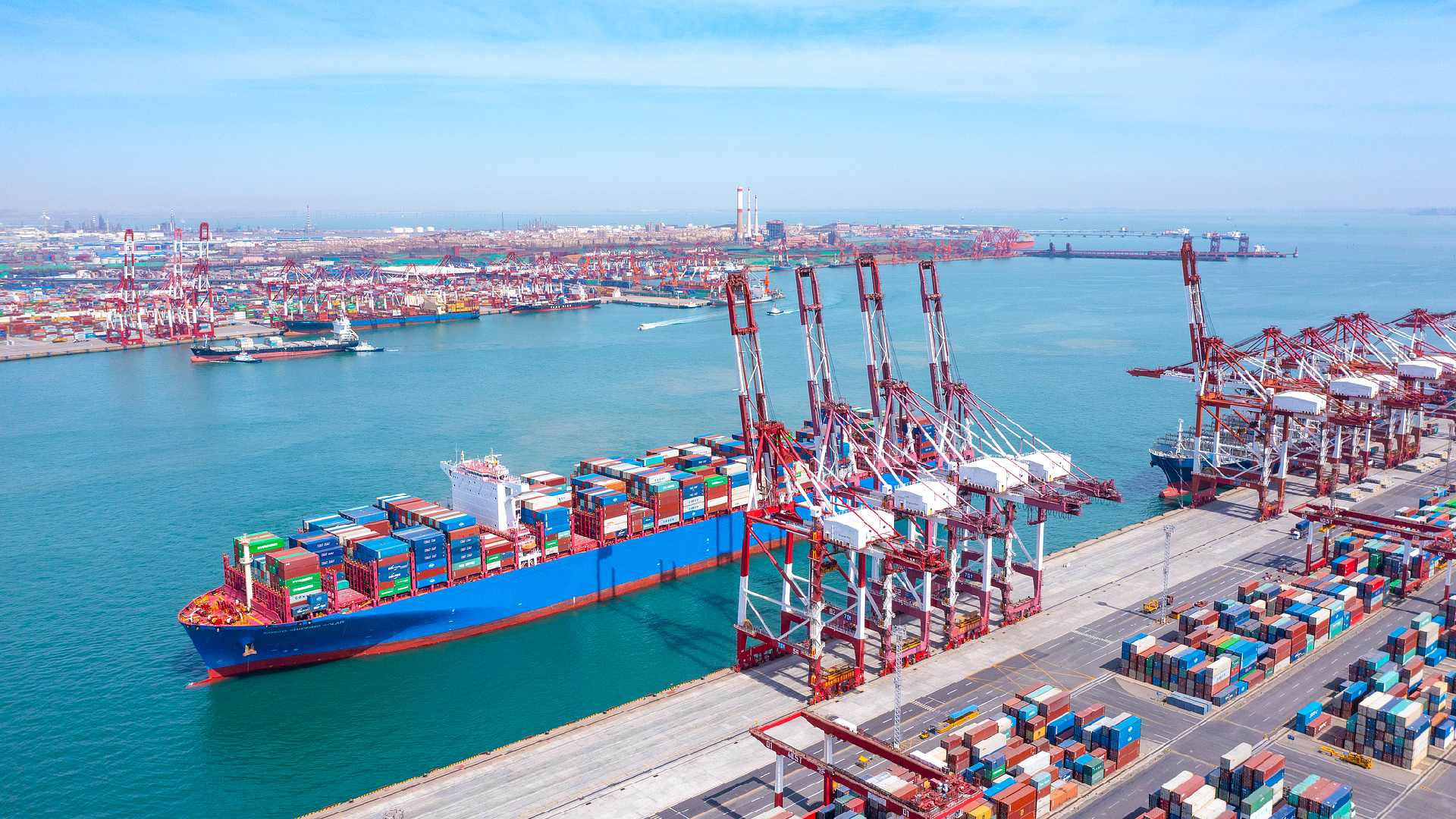China's economic summit emphasizes advanced 'opening-up' strategy
China's recent economic conference emphasized the importance of advancing high-level opening-up measures. Through this event, the government showcased its commitment to deepening economic reforms and fostering international cooperation. The discussions at the conference focused on strategies to enhance market access and attract foreign investment, underscoring a proactive approach to integrating with the global economy.

**Steady Expansion of Institutional Opening-Up**
The conference focused on the gradual expansion of autonomous and unilateral opening-up, the steady advancement of institutional opening-up, and the strengthening of Free Trade Zones to enhance quality and efficiency. It also detailed plans to expedite the implementation of core policies in the Hainan Free Trade Port, thereby accelerating its reform and opening-up initiatives.
"We are expecting significant strides in high-level opening-up next year," remarked Wei Jianguo, former vice minister of commerce and current vice-chairman and executive deputy director of the China Center for International Economic Exchanges, during an interview with China Securities Journal.
He explained that the idea of "gradual expansion of autonomous and unilateral opening" indicates China's commitment to aligning its trade approaches with international high-standard economic and trade regulations, while considering its modernization trajectory.
On specific opening-up policies, Wang Qing, chief macro analyst at Dongfang Jincheng, mentioned that by 2025, China aims to expedite its efforts to join the Comprehensive and Progressive Agreement for Trans-Pacific Partnership and the Digital Economy Partnership Agreement, with the goal of deepening reforms to facilitate foreign investment.
"The development of FTZs and the Hainan FTP is a vital part of China's opening-up," Wei added. "Hainan, with its emphasis on trade and investment liberalization and facilitation, serves as a 'model' for high-level opening-up."
The FTZs have not only functioned as platforms for international trade but also acted as experimental grounds for reforms, with broader policy changes anticipated as Hainan approaches its full closure in 2025.
**Enhancing New Drivers and Advantages for Foreign Trade**
The conference further advocated for the active development of service trade, green trade, and digital trade—areas increasingly critical as China navigates its trade transformation.
Deng Yu, a senior researcher at the Shanghai Finance and Development Laboratory, noted in an article that although China continues to develop its manufacturing sector, it is also accelerating its opening-up in services and service trade, among other areas.
In the face of geopolitical instability and global trade hurdles, many nations and regions remain dedicated to free trade, market economies, and open policies. Deng pointed out that China’s initiatives in opening-up have bolstered foreign investors' confidence in the Chinese market.
In 2023, China attracted around $163.3 billion in foreign direct investment, preserving its status as the world's second-largest FDI recipient, according to official data. The share of FDI in high-tech industries climbed to 37.3 percent, reflecting an increase of 1.2 percentage points from 2022, a historic peak.
Wen Bin, chief economist at China Minsheng Bank, highlighted in an interview with Dazhong Daily that the digital economy and green economy are essential drivers of global growth and are central to China's current foreign trade transformation. Innovative business models, such as cross-border e-commerce, are increasingly influential in reshaping foreign trade dynamics.
In conclusion, Deng asserted that China's steadfast commitment to high-level opening-up will benefit more countries and regions, fueled by its immense market potential and emphasis on high-quality economic development.
Allen M Lee for TROIB News
Find more stories on Business, Economy and Finance in TROIB business












